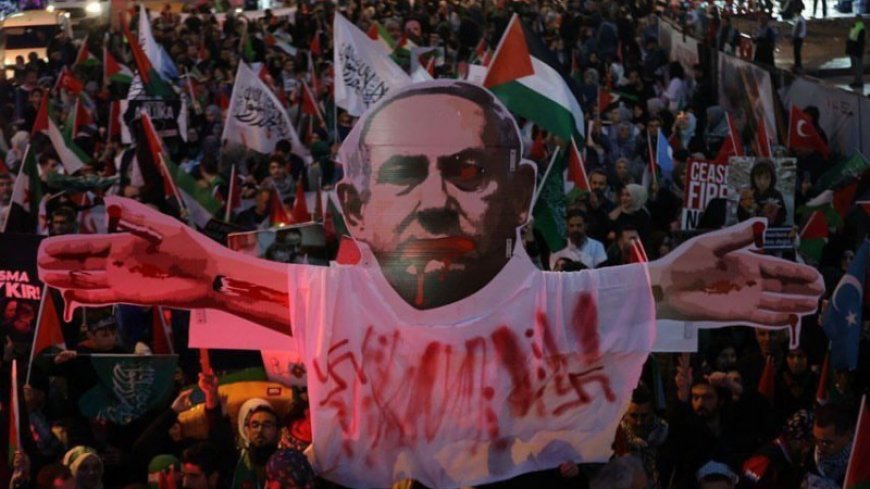Negotiations to End Gaza War Collapse: Reasons Revealed
Efforts to negotiate a ceasefire and hostage exchange in Gaza have collapsed, with Khalil al-Hayya, Deputy Head of Hamas in the Gaza Strip, pointing to the obstruction by the Israeli government led by Prime Minister Benjamin Netanyahu.

Efforts to negotiate a ceasefire and hostage exchange in Gaza have collapsed, with Khalil al-Hayya, Deputy Head of Hamas in the Gaza Strip, pointing to the obstruction by the Israeli government led by Prime Minister Benjamin Netanyahu.
Al-Hayya outlined how all proposals from Hamas were dismissed under Netanyahu's directives, prolonging the eighth month of conflict between Israel and Gaza. Despite intensified mediation attempts by Egypt and Qatar in the past month, aimed at brokering peace, negotiations yielded no breakthroughs. Several factors contributed to the failure of these talks.
Firstly, Netanyahu views the continuation of the conflict as serving his political interests, prioritizing warfare over diplomacy. Al-Hayya emphasized Hamas's pursuit of a lasting ceasefire and hostage exchange, contrasting it with Netanyahu's alleged pursuit of political gains through ongoing conflict.
"The occupying forces are keen on perpetuating genocidal warfare in Gaza, undermining any prospects for ceasefire or hostage exchange, a stance we vehemently reject," stated Al-Hayya.
Secondly, the Israeli military's concurrent launch of an attack on Rafah, despite ongoing negotiations, highlighted the lack of coherence between diplomatic efforts and military actions. Hamas condemned this move, accusing Israel of exploiting talks to further aggression.
Thirdly, internal divisions within the Israeli cabinet complicated negotiations, with conflicting views on whether to pursue dialogue or escalate military action. Netanyahu's government faced criticism for failing to synchronize diplomatic efforts with military strategies, potentially jeopardizing progress in both spheres.
Fourthly, Hamas's steadfast resistance to Israeli demands posed a challenge for Netanyahu's administration. Analysts acknowledged Hamas's effective resistance, which not only thwarted Israeli military objectives but also complicated diplomatic negotiations.
The collapse of negotiations underscores the entrenched complexities of the Gaza conflict, with political interests, military strategies, and diplomatic maneuvers intersecting in a protracted and devastating conflict.













































